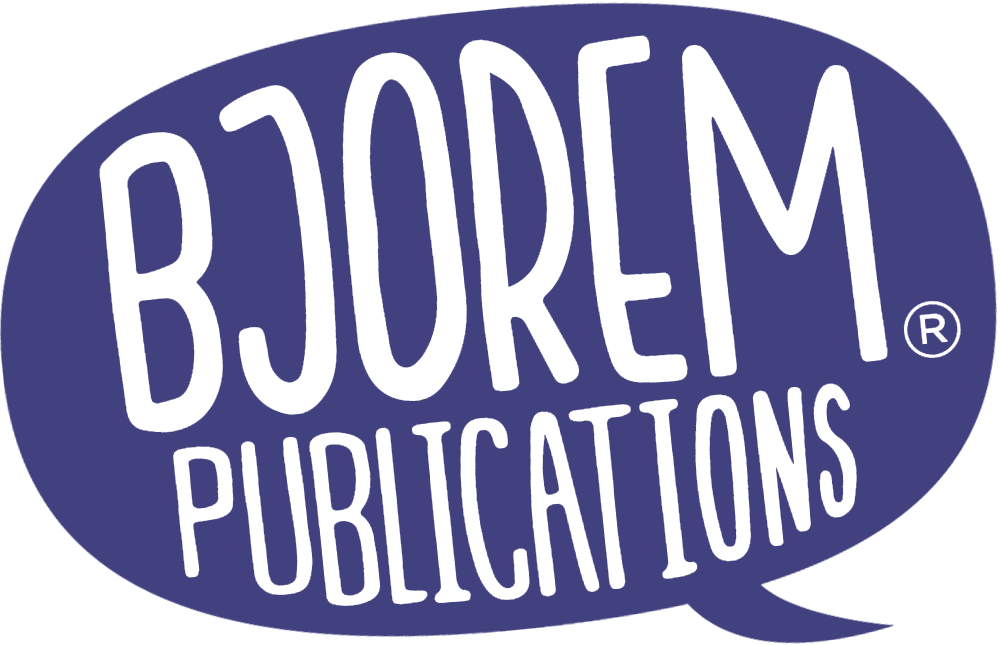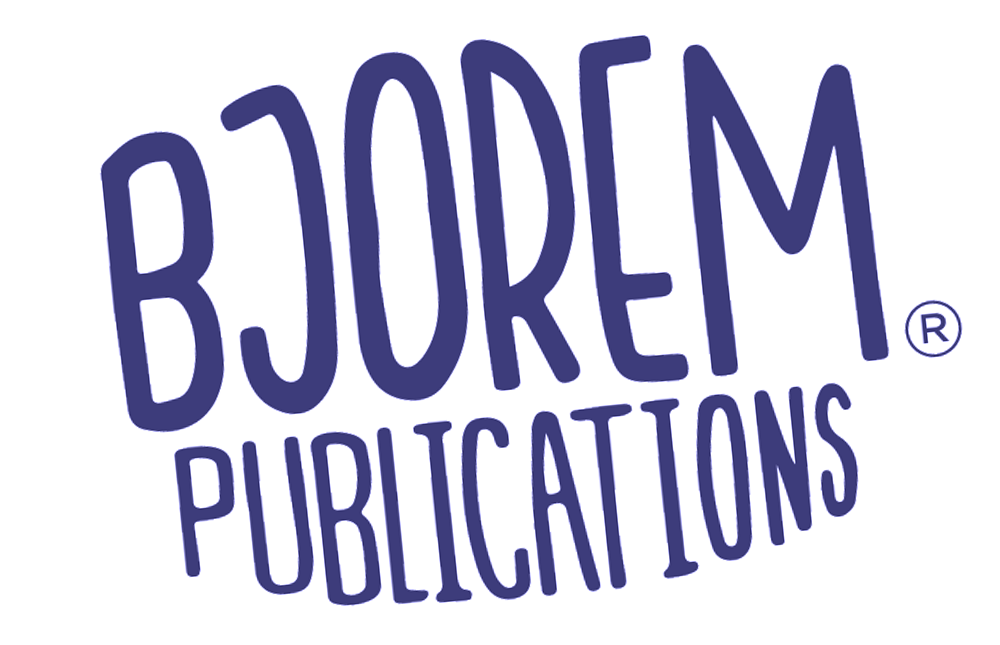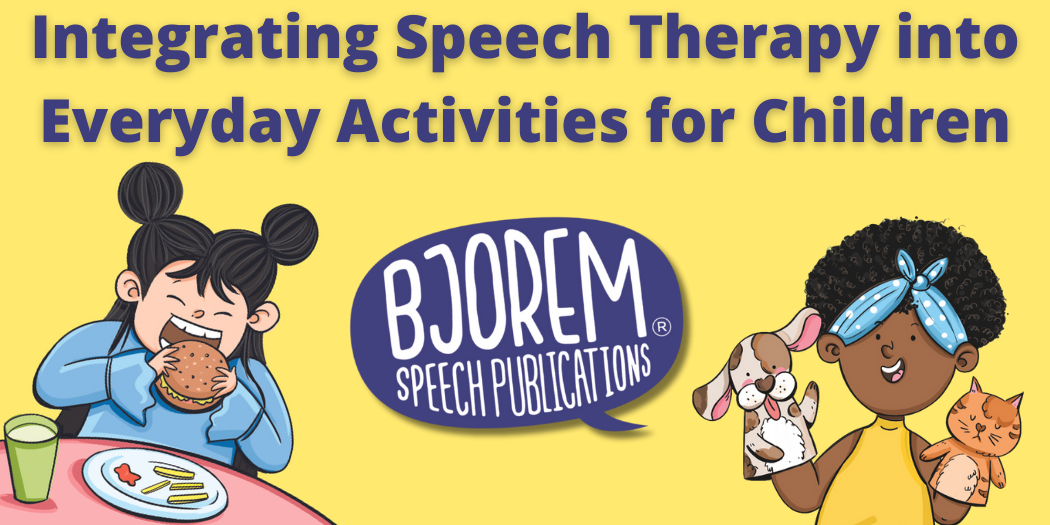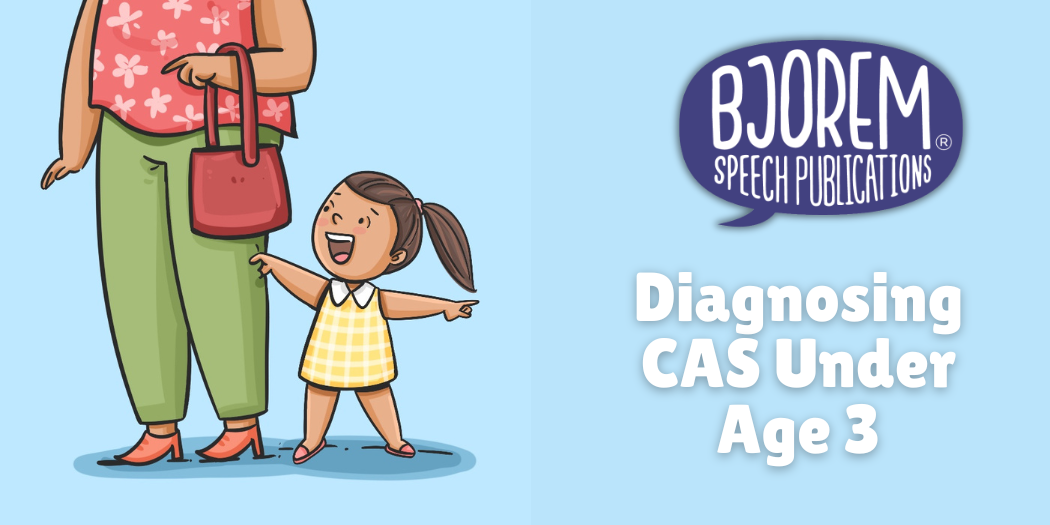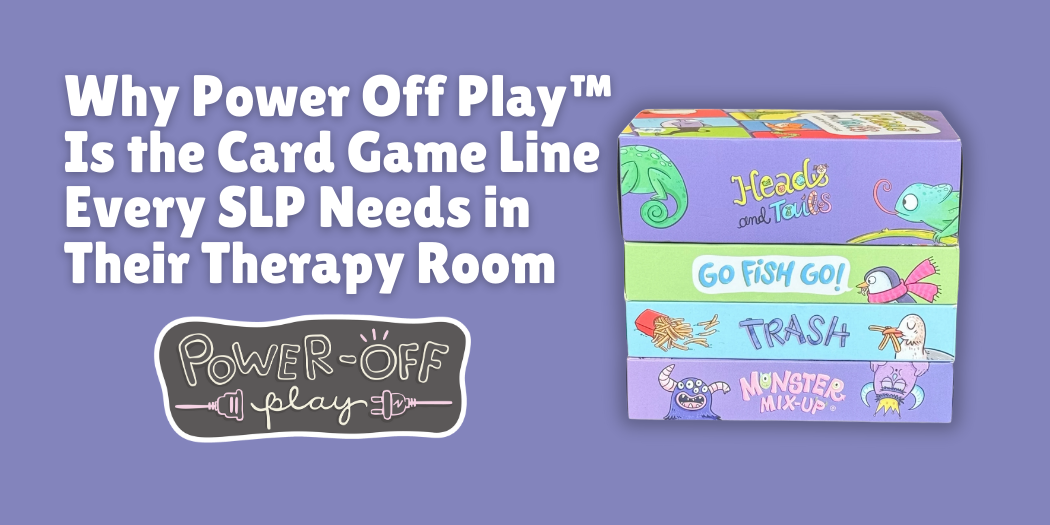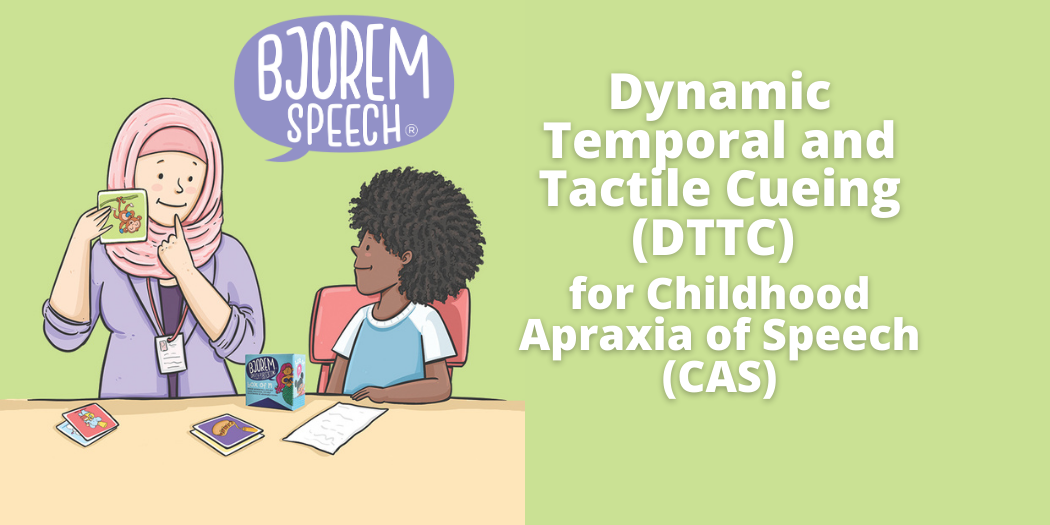For parents and educators, finding ways to incorporate speech therapy into daily activities is not just beneficial—it's essential for reinforcing learning and promoting consistent progress. Speech therapy doesn't have to be limited to structured sessions with a therapist. Instead, it can be woven into everyday interactions and playtime, making it a fun and integral part of a child's day. Here are some creative ways to integrate speech therapy techniques into daily routines for children:
1. Mealtime Conversations
Mealtime offers a fantastic opportunity to practice speech and language skills. Encourage your child to express their preferences, ask for items, and describe their food. You can extend this by discussing how things taste and feel, enhancing descriptive language and practicing new words.
2. Interactive Reading Sessions
While reading a story, involve your child by pointing to pictures and asking them to name objects or describe scenes. For children who are working on specific sounds, pick books that have a high frequency of those sounds. You can ask questions about the story to practice comprehension and narrative skills.
3. Sing-Along and Music Time
Songs are a great way to build language skills. Sing nursery rhymes and simple songs with repetitive phrases. Clapping along to the rhythm can help with motor planning and speech rhythm. For older children, make up songs together about your day or things they like.
4. Play-Based Learning
Use toys and games to encourage speech development. For instance, play pretend games where you can model vocabulary and grammar structures. Bjorem Speech® tools like the Speech Sound Cue Cards can be used during play to reinforce specific speech sounds.
5. Outdoor Adventures
Turn a walk into a learning expedition. Talk about what you see, hear, and smell. Encourage your child to ask questions and describe their surroundings. This not only builds vocabulary but also helps with sentence formation and articulation.
6. Crafts and Art Projects
While doing crafts, give step-by-step instructions and encourage your child to describe their actions and choices. This can help with understanding and using verbs and prepositions, as well as expanding overall language skills.
7. Daily Chores
Incorporate speech therapy into daily chores by asking your child to help with tasks like sorting laundry (by color, size, type), setting the table (naming and counting items), or organizing toys. Each task offers opportunities to use and learn new vocabulary and concepts.
8. Social Playdates
Arrange playdates with peers to encourage social language use. Games that require turn-taking, rule explanation, and role-play can significantly boost speech and language skills in a natural setting.
9. Bedtime Routines
End the day with a bedtime story or a chat about the day's events. This is a calm time to practice speech skills and relax, which can be particularly beneficial for reinforcing learning and making bedtime enjoyable.
By integrating speech therapy into everyday activities, you can provide continuous, natural opportunities for children to practice and enhance their speech and language skills. Remember, consistency is key, and every interaction is an opportunity to learn. For more resources and ideas, visit Bjorem Speech® to explore a range of products designed to support speech therapy in engaging and innovative ways.
